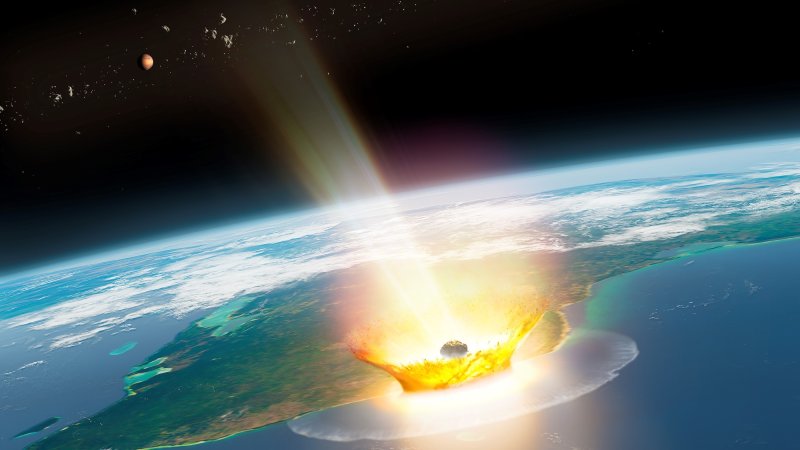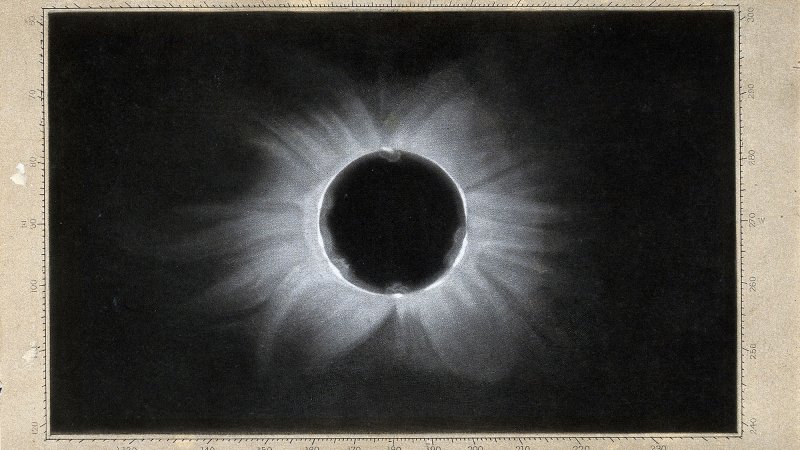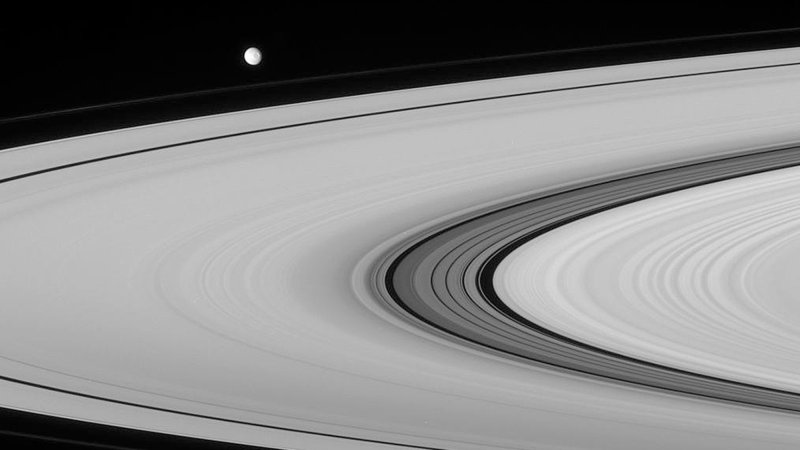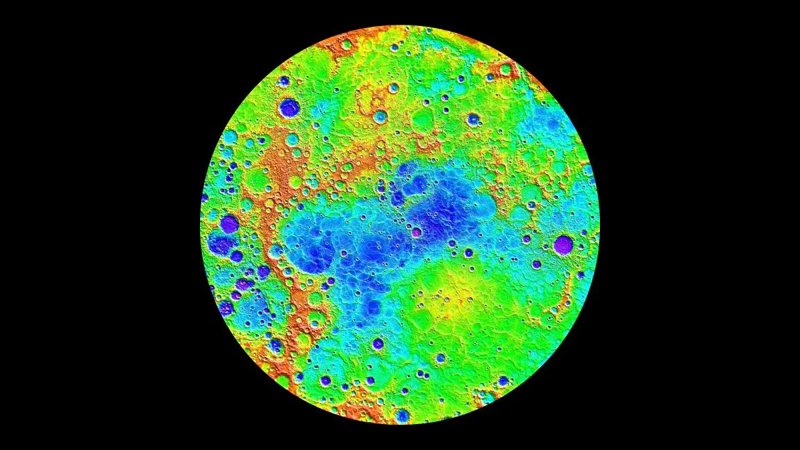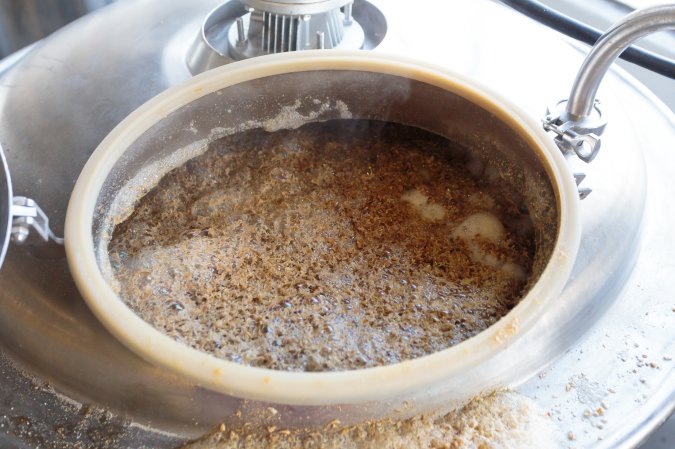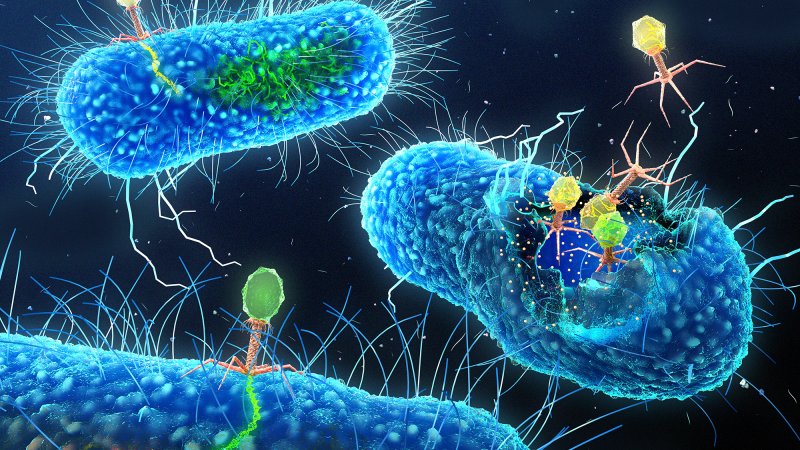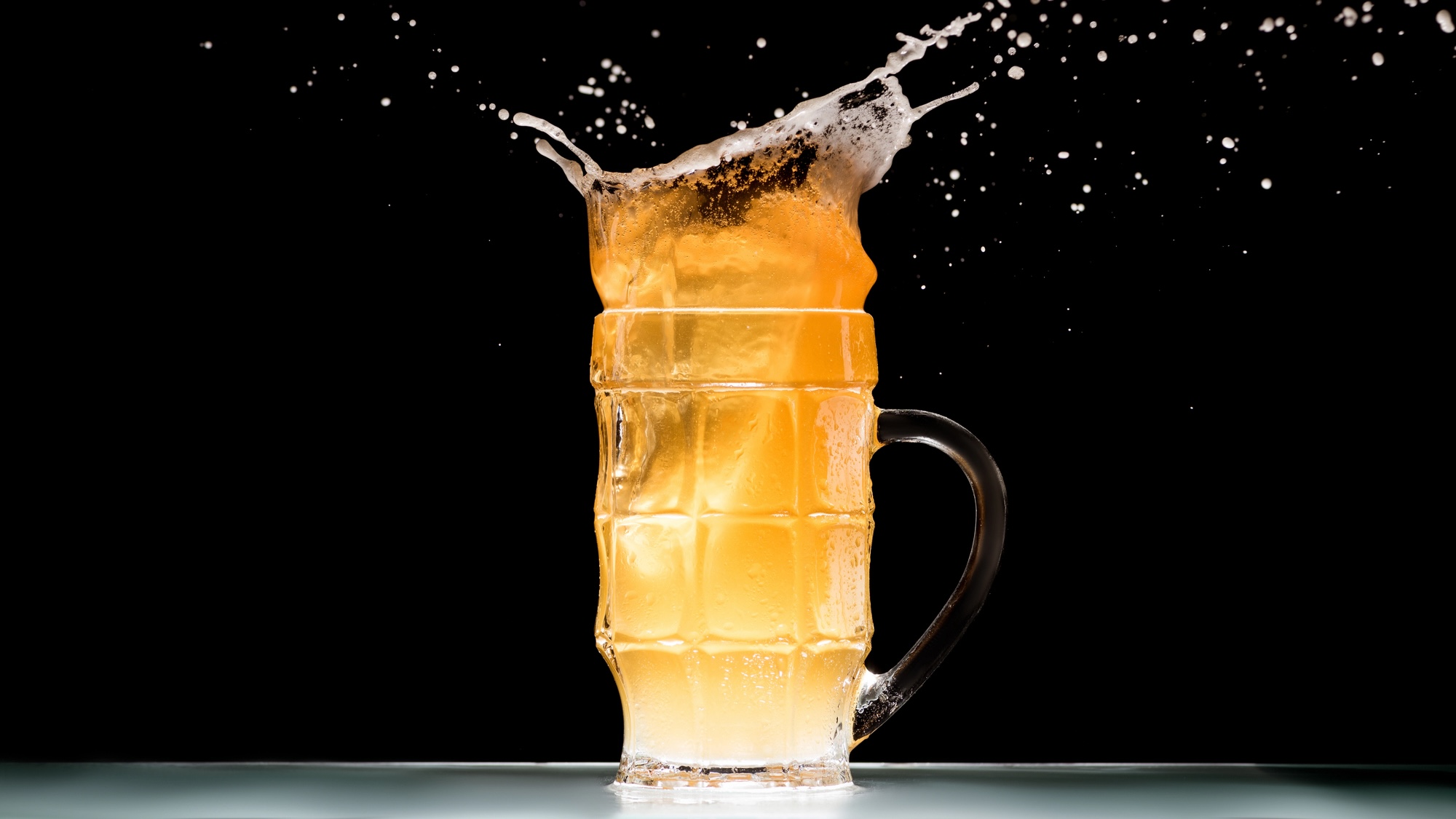

Researchers are investigating how beer making may be affected by microgravity—not (just) for the prospect of one day sipping brews in space, but for ensuring humanity’s survival beyond Earth.
Virtually every civilization throughout history has relied on fermentation not just for their booze, but for making everything from bread, to pickles, to yogurt. As humanity’s technological knowledge expanded, we have adapted those same chemistry principles to pharmaceuticals and biofuels, among many other uses. And while it may not be the first necessity that comes to mind when planning for long-term living in a lunar base, or even on Mars, the process will be crucial to long-term mission success.
To explore how these concepts may change offworld, a team at the University of Florida’s Institute of Food and Agricultural Sciences (UF/IFAS) first experimented with making beer in microgravity. Their results, published in the journal Beverages, indicate microgravity may not only speed up fermentation processes—it may also produce higher quality products.

“We are absolutely going to be conducting fermentations under microgravity in the future, as we continue space exploration, and there are going to be outcomes that will be very difficult for us to predict,” Andrew MacIntosh, study co-author and UF/IFAS associate professor of food science, said in an accompanying university announcement on August 14.
Getting a beer brewer’s starter kit up to the International Space Station, however, isn’t quite in the cards yet. Instead, the UF team led by undergraduate researcher Pedro Fernandez Mendoza created a tiny microgravity simulator here on Earth. After gathering locally grown barley and mashing it into wort (grain-derived sugary liquid necessary for beers and whiskey), Mendoza and colleagues portioned it out into six samples. They then added the yeast used in lagers, Saccharomyces pastrorianus, to each tube before leaving three of them to act as controls. The other trio were placed in a clinostat—a tool capable of simulating microgravity conditions by constantly rotating its contents around a horizontal axis. Over the course of three days, the team then assessed their fermenting baby-beers at regular intervals on the basis of density, yeast counts, and yeast viability.
After three days, researchers were able to confirm one of their initial hypotheses that microgravity doesn’t appear to harmfully affect fermentation. What’s more, the fermentation process actually sped up in the clinostat samples as compared to their controls. But there was one additional, unexpected result—microgravity yeast may allow for even higher quality products than simply fermenting here on Earth. Although further investigation is needed, researchers think this might relate to a particular gene in yeast that oversees the levels of ester—fermentation byproducts responsible for both good and bad beer flavors.
[Related: The science and history of the evolution of lager.]
Typically, the ratio between high alcohol groups and lager ester amounts ranges between 3-4:1, with higher ratios offering a drier, less aromatic beer. The team recorded their control samples as having a ratio of 1.4:1, while their microgravity beer measured 4.6:1, implying the latter was “less aromatic by this measure.” Meanwhile, two esters in particular, isoamyl acetate and 2-phenethyl acetate, showed “significant differences” between microgravity and controls. Higher concentrations of these esters produce a fruity, banana-like flavor in beers that many drinkers often consider undesirable. In the microgravity brews, a “multiple-fold decrease” in ester concentration compared to the standard examples.
“Depending upon the brewery, these compounds may be desirable; however, the presence of these compounds above a detection threshold would usually be considered a defect,” the team writes. Given this, their microgravity results offered a final product “that would be considered higher quality due to the reduced esters.
As for brewing in space, researchers now believe microgravity may actively help things along to create better beers, and may even “provide benefits not realized terrestrially.” MacIntosh and his team, however, can’t attest to any potential benefits just yet—they didn’t try their concoctions.
“Unfortunately when we make beer for science we use rather boring recipes,” he tells Popular Science while making sure to note “there are a few local collaborators who make very decent quality beer upon whom we rely for quality when it is deemed necessary…”
